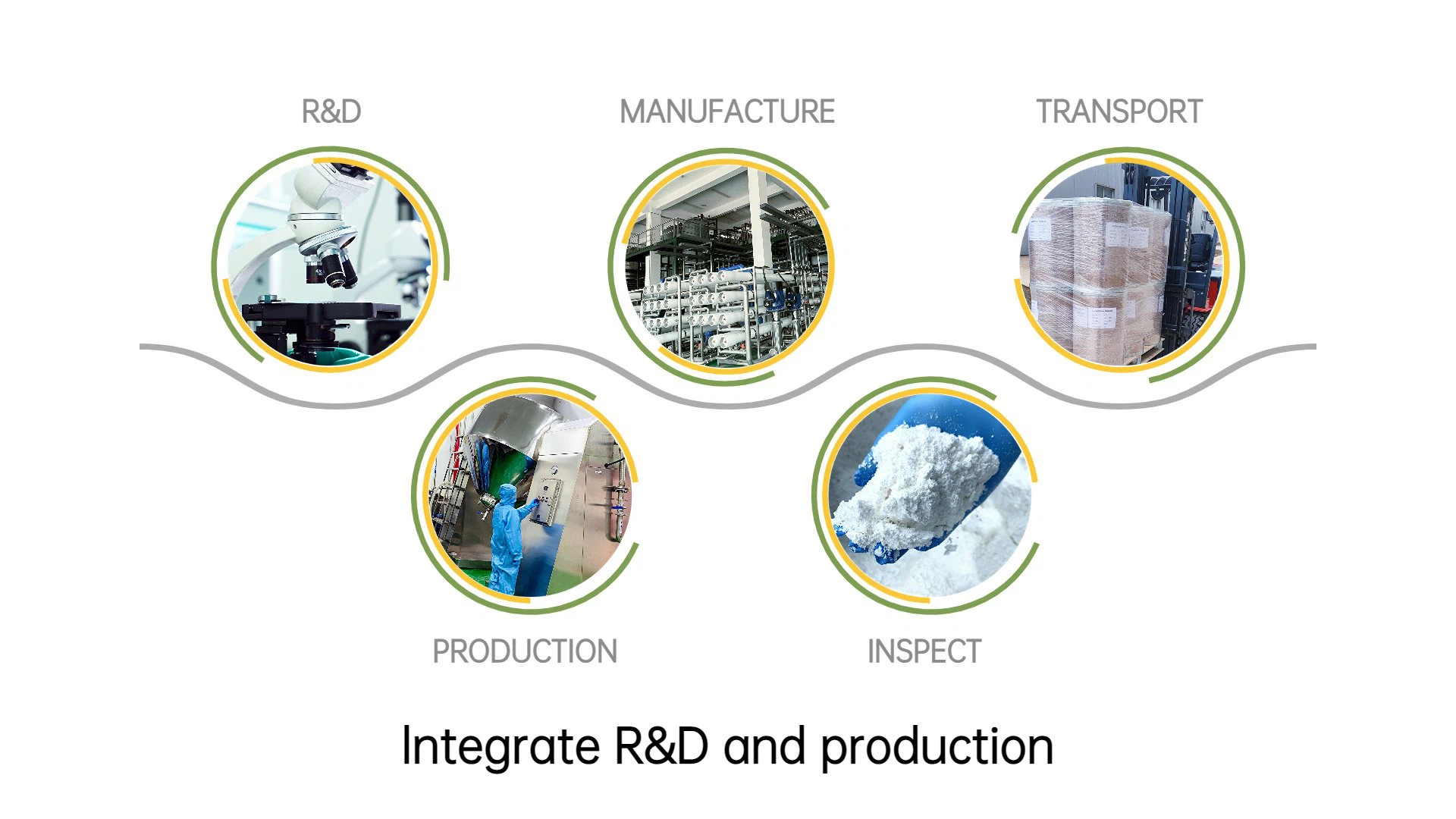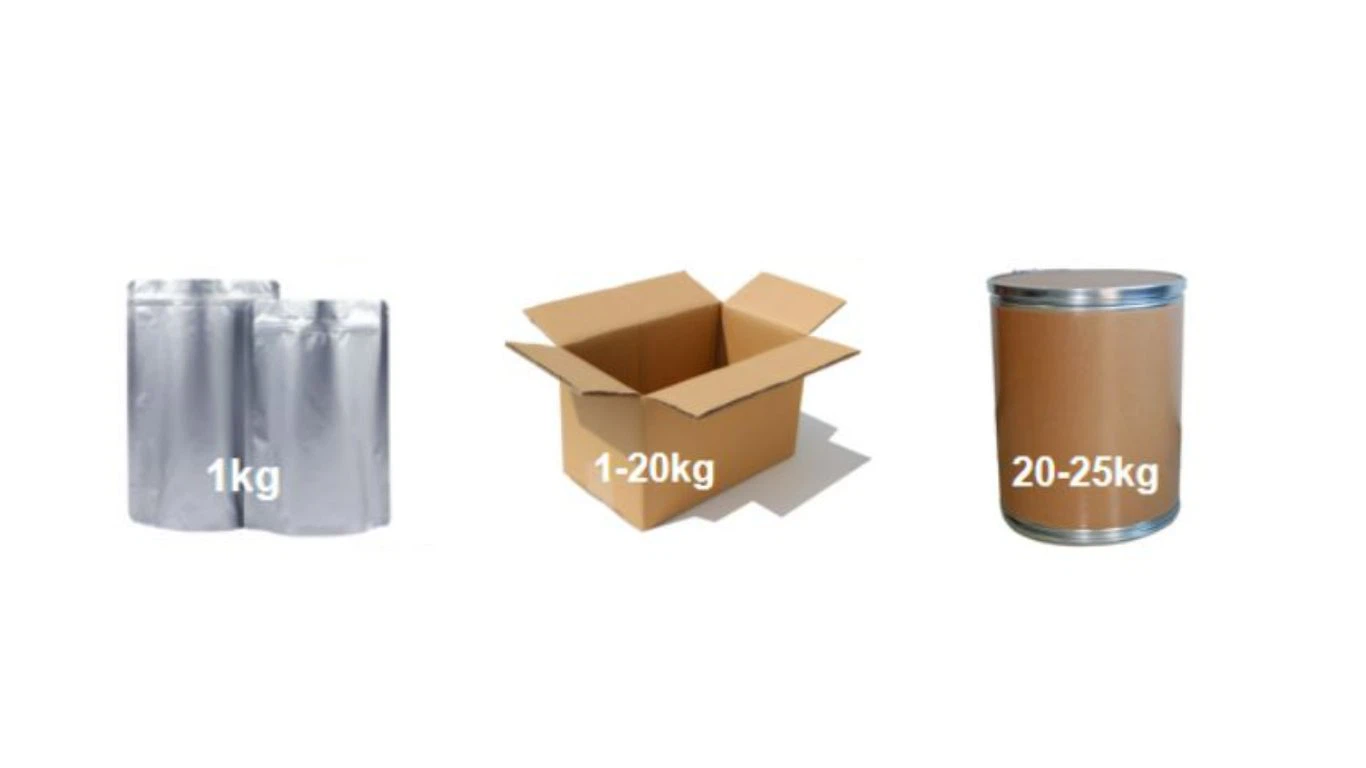

Description
CAS:3054-47-5;Assay:≥98.0%
CAS NO.:3054-47-5
Brand:GSHWORLD
Glutathione bulk powder raw material - NMN suppliers & manufacturers in China.
SAG has a lipophilic structure, making it fat-soluble and able to penetrate cell membranes and be directly taken up by cells. SAG protects GSH against oxidation and releases GSH by hydrolysis. The use of SAG as a precursor is a good alternative to complement the decreased GSH levels in the body. In fact, acetylation of the sulfur atom prevents the breakdown of GSH and facilitates its absorption through the intestinal wall, thus allowing the molecule to enter the cells extensively. The SAG thus taken up by the tissue is hydrolyzed by cytoplasmic thioesterases to generate reduced GSH by hydrolysis of the acetyl group, which is available for all its required biological functions.

S-Acetyl-L-Glutathione(C12H19N3O7S) | |
CAS | 3054-47-5 |
Appearance | White or almost white, crystalline powder |
Assay | ≥98.0% |
Heavy metals | Not more than 10 ppm |
Sulfated ash | Not more than 0.2% |
Loss on drying | Not more than 0.5% |
Application | Raw material、medicine |
Shelf Life | 24 months when properly stored. |
Function
Detoxification, Anti-aging, Antioxidant, Improve body function
Features
1. Acetyl glutathione is the main endogenous antioxidant produced by cells, directly involved in the neutralization of free radicals and reactive oxygen compounds, and maintains the reduced (active) form of exogenous antioxidants such as vitamins C and E.
2. By direct binding, many xenobiotics (foreign compounds) and carcinogens, both organic and inorganic, can be eliminated. These include heavy metals such as mercury, lead and arsenic.
3. Acetyl glutathione is essential to reach its full potential, for example, (1) to regulate antigen presentation to lymphocytes, thereby affecting cytokine production and the type of response (cellular or humoral) produced; (2) Enhances the proliferation of lymphocytes, thereby increasing the magnitude of the response; (3) enhances the killing activity of cytotoxic T cells and NK cells; (4) regulates apoptosis, thereby maintaining control of the immune response.
4. It plays an important role in many metabolic and biochemical reactions, such as DNA synthesis and repair, protein synthesis, prostaglandin synthesis, amino acid transport and enzyme activation. Therefore, every system in the body is affected by the state of the glutathione system, especially the immune system, nervous system, gastrointestinal system and lungs.

Packing&Transport




Oct 20, 2023

+86-755-23577295
+86 18718790084
Room 832, Building 12, Shenzhen Bay Science and Technology Ecological Park, Yuehai Street, Nanshan District, Shenzhen China